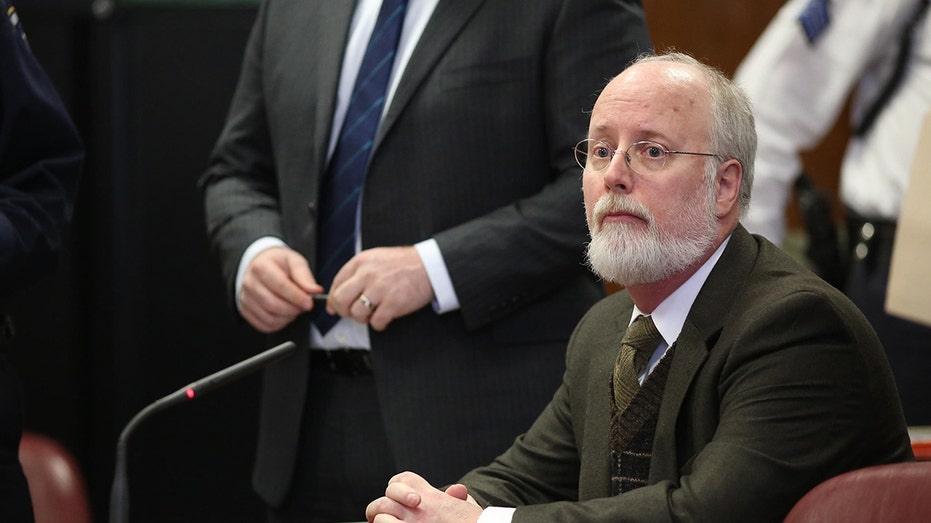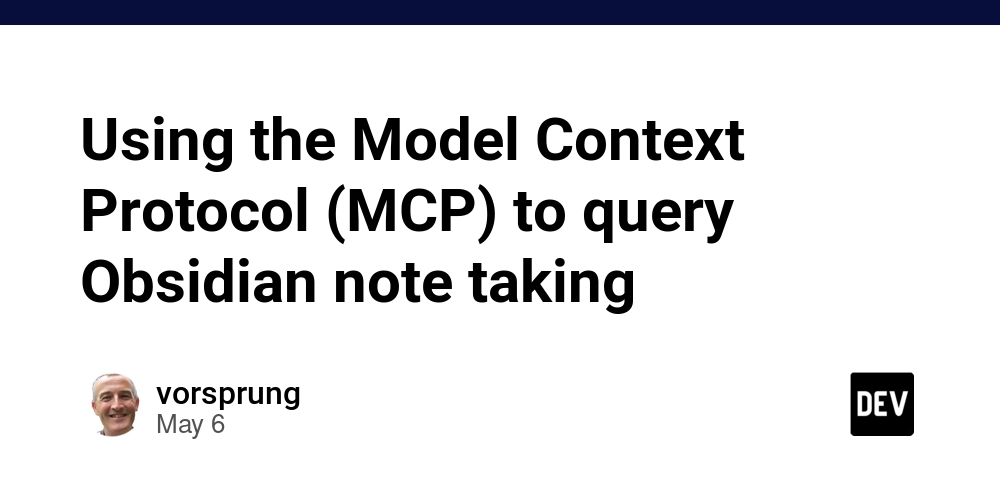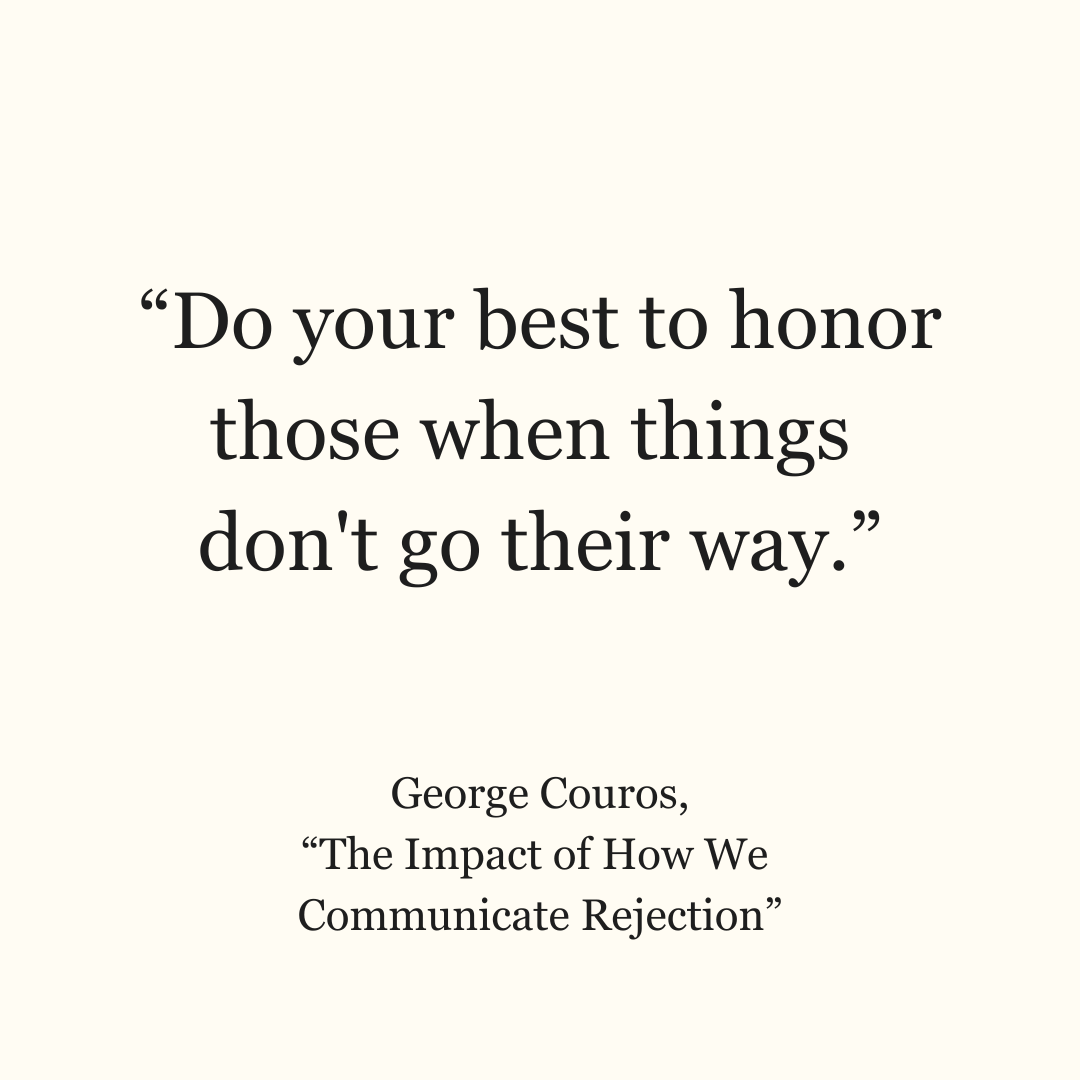The Movement: Heritage Foundation president forges new Trump legacy
If the first half-century of the Heritage Foundation was defined by former President Reagan, its president Kevin Roberts is setting up the powerful conservative think tank to be defined for the next 50 years by President Trump. “You can have the principles along with the really bold action of Trump, who, frankly, is superior to Reagan in his...

If the first half-century of the Heritage Foundation was defined by former President Reagan, its president Kevin Roberts is setting up the powerful conservative think tank to be defined for the next 50 years by President Trump.
“You can have the principles along with the really bold action of Trump, who, frankly, is superior to Reagan in his willingness to upend the status quo,” Roberts told me in an interview. “If we put those two things together, then for the next 50 years of Heritage and in the conservative movement, I think that defines who we are.”
For this first official edition of The Movement, a weekly newsletter looking at the influences and debates on the right in Washington, I thought it appropriate to talk to the head of “the Parthenon of the conservative metropolis,” as the New York Times once described it — who has overseen Heritage accelerating toward Trumpism and becoming a national lightning rod with Project 2025.
“Trump is the conservative movement’s FDR, politically,” Roberts said. He said the president has awoken the right to be more aggressive tactically and argued that conservative principles need to be applied “in ways that use the full legal authority given to elected officials.”
Some of Heritage’s embrace of Trump has come in the form of grand gestures, like displaying not one, but two multi-story banners on the side of its headquarters: One congratulating Trump ahead of his inauguration, and another cheering his policies during his first 100 days in office.
But it has also rattled historical allies with some sharp changes in policy positions. Heritage was skeptical about sending U.S. aid to Ukraine. And some free-marketers are scratching their heads at Heritage's new stance on Trump’s tariffs.
Heritage’s scholars had long argued against tariffs, calling them “not conservative,” saying during Trump’s first term that they “will only punish Americans” and declaring as recently as 2021 that tariffs “are never a good idea.” But now, Roberts says Trump’s “Liberation Day” tariff move should be “applauded” as part of a negotiating strategy and broader economic agenda that includes extension of expiring tax cuts. Using tariffs constructively “is a fine art,” Heritage scholars wrote last year.
Asked about that shift, Roberts said that Heritage has realized that “the United States has gotten weaker, especially relative to China” — and “if, in fact, we want to become stronger as well as avert a military conflict with China, we have to upend the status quo.”
“We understand that if the tariff regime becomes truly reciprocal, if it's zealously focused on China,” Roberts said, and if “that 10% across-the-board tariff becomes a border adjustment tax …that's a tariff regime that we like because tariffs — at least if history is a guide — become more temporary than permanent.”
I asked Roberts: Have any of Heritage’s principles changed with the rise of Trump?
“No,” Roberts responded. “Definitely none of the principles. Some of the policy positions, which some people conflate with principles.”
Has Trump done anything over his first 100 days that is not conservative, that Roberts disagrees with, or that he wants to see Trump do better?
“I mean, honestly, no — hence the wonderful banner,” Roberts said.
But, Roberts did say that the tariff regime needs “continued refinement” to become truly reciprocal and focused on China — “which we've conveyed privately to the administration, and we have said publicly.”
“I'm really optimistic with the leading role that Treasury Secretary Scott Bessent has taken in this,” Roberts added, hoping the tariff saga will result in some bilateral trade agreements.
Trump distanced himself from Heritage as it led Project 2025, including a “Mandate for Leadership” book of policy recommendations. Heritage has created such recommendations for every election year for decades, but it became a top target of Democrats in 2024.
But now that Trump is in office, Roberts said: “It looks like it's in the past …The relationships are very strong.” Vice President Vance, who wrote the foreword for Roberts’ book, spoke at a film screening at Heritage last month. Trump has implemented many policies that align with that blueprint.
“By every measure, personnel who've gone in, the transition project leaders who are in the administration, the policies they're enacting — Our transition project in 2024, just as it has been since 1980, looks like it's been very successful,” Roberts said. But he insisted he was not “trying to take a victory lap,” saying it is Trump and Vance who have “been so courageous in implementing it.”
Roberts has been fairly international this year, appearing at a gathering of right-wing European parties in Madrid, at the Alliance for Responsible Citizenship Conference in London, and at the Panama Canal.
“The fusion of populism and conservatism we're seeing here in the United States is happening in almost every other country,” Roberts said.
What about the traditional fusionism of conservatism and libertarianism?
“It's outdated — which is not to say that it was or is wrong,” Roberts said — suggesting it is not potent for “fighting the political game that the left has established over the last 15 years.”
“It doesn't mean that we're being dismissive toward the past. I would say we're actually building upon that foundation.”
Welcome to The Movement. I'm Emily Brooks, House leadership reporter at The Hill. Tell me what’s on your radar: ebrooks@thehill.com or @emilybrooksnews on X.
Not already on the list? Subscribe here
MAGA movement torchbearers
I’ve already heard chatter starting in conservative circles about whether MAGA can go on after President Trump is out of office — and was very interested to see Trump himself weigh in on the topic in an interview with NBC’s Kristen Welker on Meet the Press.
Does he think MAGA survives without Trump as its leader? “Yes, I do,” Trump said.
And who would lead it? The president mentioned Vance and Secretary of State Marco Rubio — whom Trump has also tasked with a number of other roles, including most recently national security adviser after ousting Mike Waltz from the White House role and nominating him to be U.N. Ambassador.
“I think we have a tremendous group of people. We talked about a number of them. You look at Marco, you look at JD Vance, who’s fantastic. You look at — I could name 10, 15, 20 people right now just sitting here,” Trump said.
Would Vance be at the top of the list?
“I don’t want to get involved in that,” Trump said. “I think he’s a fantastic, brilliant guy. Marco is great. … But certainly you would say that somebody’s the VP, if that person is outstanding, I guess that person would have an advantage.”
+1 for Vance in the post-Trump power rankings.
I also asked Heritage’s Roberts whether he saw Vance — who wrote the foreword to his book — carrying the torch for the MAGA movement after Trump.
“He's just on a higher level than almost every other politician, obviously, with exception of Trump that I can think of. So, he's extremely well positioned to lead the movement when Trump has to retire,” Roberts said.
Related: How Rubio became Trump’s minister of many hats, by Axios’s Marc Caputo.
Ideological fights to watch in 'big, beautiful bill'
Republicans in Congress are spending this week — and maybe even next week — hammering out the nitty-gritty details of the “one, big, beautiful bill” that will encompass nearly every major item in Trump’s legislative agenda. The stakes are high: It could be the only opportunity Republicans have to pass major policies along party lines over the next two years.
But with their tiny majorities, reconciling the ideological divisions over key portions of the legislation is proving difficult. The decisions include:
Green tax credits: Conservatives have dubbed the credits a part of the “green new deal” and argue that repealing them is a way to get major savings to help pay for other priorities in the bill. But some members have long called for a “targeted” approach to repealing the credits that benefit their districts.
SALT: Republicans in high-tax blue states are pushing for a sizable increase to the state and local tax (SALT) deduction cap while deficit hawks pump the brakes, wary of subsidizing blue states and the high cost.
Medicaid: Rep. Chip Roy (R-Texas) led 19 other conservative members in a letter on Thursday calling for “structural reforms” to Medicaid, such as eliminating the enhanced federal matching funds for states that expanded the program under the Affordable Care Act. But moderates and Republicans in swing districts are wary of any actions that could lead to cuts in benefits for their constituents.
My colleague Mychael Schnell and I get into much more detail here: Republicans face key hang-ups on Trump agenda bill as House heads into crucial week
On my calendar
- Tuesday, May 6, 3:00 p.m.: Americans for Prosperity hosts a conversation with House Republican Conference Chair Lisa McClain (R-Mich.), moderated by Fox News contributor and Townhall.com editor Katie Pavlich.
- Wednesday, May 7: The Federalist Society’s Thirteenth Annual Executive Branch Review Conference, featuring Harmeet K. Dhillon, assistant attorney general for civil rights. Theme: Theories of Presidential Power. (Will be livestreamed.)
- Wednesday, May 7, 10:00 a.m.: Treasury Department Secretary Scott Bessent testifies before the House Financial Services Committee.
- Wednesday, May 7: Papal conclave to elect a successor to the late Pope Francis begins at the Vatican.
Three more things
- TARIFFS BOOST VIEW OF FREE TRADE: Americans’ preference for a policy of free trade has spiked 20 points as Trump has implemented a new tariff regime, according to a Chicago Council on Global Affairs-Ipsos survey released Monday. In June 2024, just 35 percent of Americans overall believed the U.S. should pursue a policy of free trade — 20 percent among Republicans, 43 percent among Democrats, and 40 percent among independents. In April 2025, that grew to a majority of Americans at 55 percent overall — increasing to 34 percent among Republicans, 74 percent among Democrats, and 56 percent among independents.
- LOOMER-NAVARRO SPAT: Right-wing activist Laura Loomer, who has been saying there is a “vetting crisis” in the Trump administration, got in a spat with Trump trade adviser Peter Navarro. Loomer publicly knocked Stanley Woodward, Trump's nominee for associate attorney general, saying he and his wife are “progressive Democrats.” Navarro told Loomer to “back off” — noting Woodward defended him and others after Jan. 6. Loomer fired back: “You went to a federal prison for four months over a misdemeanor thanks to your terrible attorney. … Maybe you should sit this one out.”
- POPULIST THINK TANK ANNIVERSARY: American Compass, a “New Right” think tank founded by Oren Cass, is now 5 years old — and will soon release “The New Conservatives,” an anthology of writing with essays from Marco Rubio, Elbridge Colby, Robert Lighthizer, Helen Andrews, and more.
WHAT I'M READING
- Politico’s Adam Wren: JD Vance’s Little Brother Tries His Hand at Politics. It’s Not Going So Well.
- Kara Kennedy in The Spectator World: The strategic ascent of Kai Trump
- Washington Examiner’s Jim Antle: Elon’s exit: Lessons in government-cutting as Musk prepares to step back
- The Hill’s Al Weaver: Republicans grow antsy after Trump comments on tariffs, recession


















_Brian_Jackson_Alamy.jpg?width=1280&auto=webp&quality=80&disable=upscale#)
_Steven_Jones_Alamy.jpg?width=1280&auto=webp&quality=80&disable=upscale#)


.jpg?width=1920&height=1920&fit=bounds&quality=70&format=jpg&auto=webp#)
















































